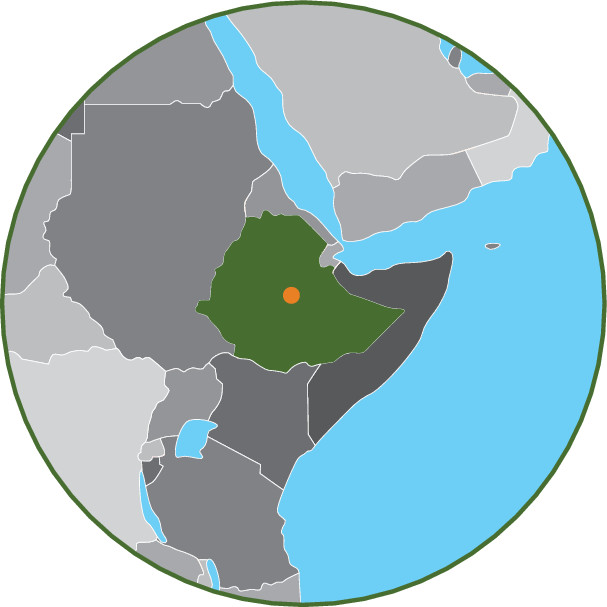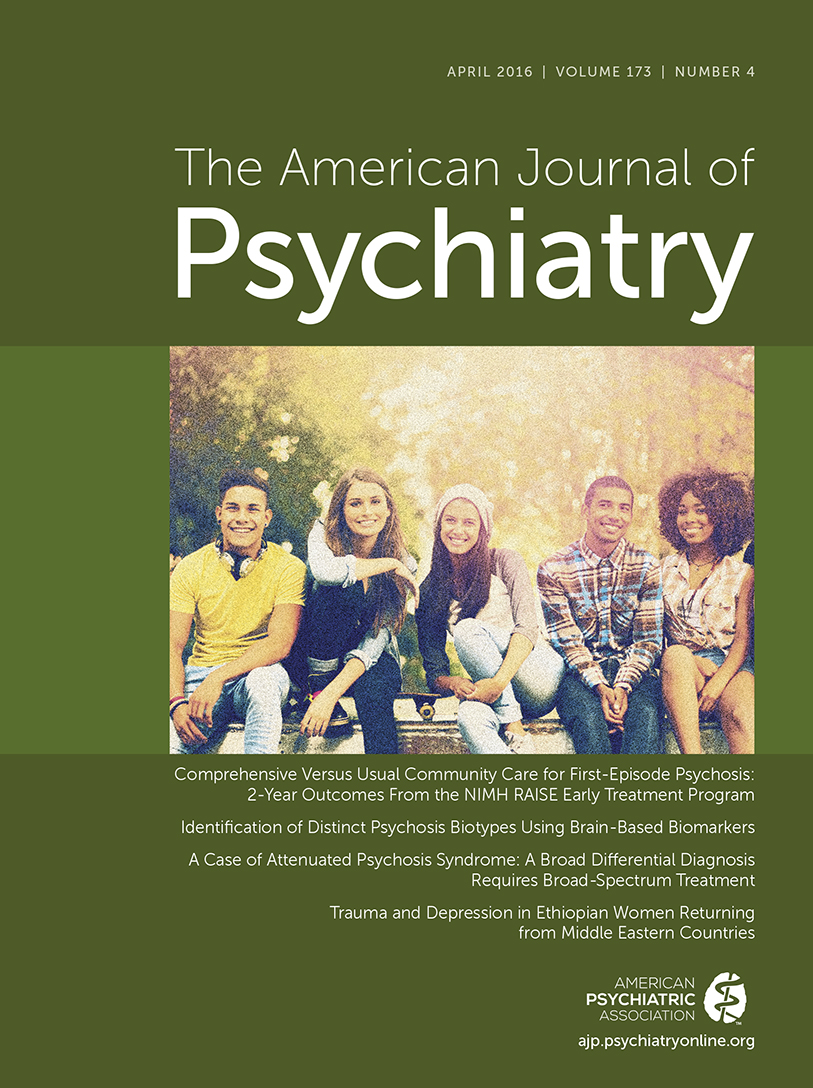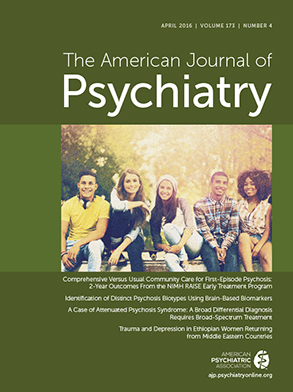Our interviewees were selected from among returnee women from Middle Eastern countries now living in the Jemo district of Addis Ababa and were interviewed in their homes. Women from low-income countries who migrate to the Middle East as domestic workers have psychiatric morbidity two to five times higher than the native population (
1). Common problems reported by domestic migrants include little or no contact with their family and maltreatment and sexual harassment by employers and their sons (
1). The rate of suicide in the Ethiopian immigrant community is exceptionally high (
2,
3). Coping skills are also in evidence, however, including spiritual sources of coping, maintenance of friendships with other Ethiopian women, and reassertion of one’s cultural identity. Spiritual sources of coping were found to be an important coping mechanism among East African migrants in Australia (
4).
Poverty is the principal reason for migration of women to Arab countries (from the narrative data of six participants, two of which are presented here). Low academic achievement and peer pressure are additional factors. Among those we interviewed, sexual violence, physical violence, emotional abuse, starvation, and imprisonment were sources of their trauma, which supports findings from previous studies (
5,
6). Most of the respondents faced difficulty adapting to a different culture. This difficulty is not unique to temporary migrants to Arab countries and has been reported by permanent immigrants to Canada as well (
7).
Headache, stomachache, and irritability are more frequent core symptoms of depression reported, but suicidal thoughts, pessimism, and sadness occur as well. Feelings of numbness, nightmares, and flashbacks, which are characteristic features of posttraumatic stress disorder (PTSD), were reported by some. Because of their poverty and lack of adequate awareness regarding pathways for mental health treatment options, the women do not seek treatment upon their return.
The Western biomedical framework of PTSD and its comorbid disorder, depression, are the most frequently reported problems of people who have undergone harsh conditions of migration. However, some studies question the appropriateness of using this framework to diagnose and interpret symptoms in members of non-Western cultures. Since qualitative studies applying a phenomenological inquiry are nonexistent in the Ethiopian context, most of our knowledge regarding the mental health of Ethiopians in general and domestic migrant women in particular relies more on the Western “etic” measures.
In this regard, symptom narrations from displaced people in other cultural contexts do reflect PTSD (
8,
9,
10); other findings challenge the biomedical model of PTSD as too narrow to fully explain the symptom narrations of sufferings from trauma survivors in non-Western cultural contexts (
11,
12). The findings for most of the women we interviewed seem to suggest a reflection of some symptoms that may be similar to DSM-based criteria for depression, and a few resemble DSM-based PTSD criteria. Further exploratory research must be carried out to fully confirm symptom narrations, which can address the conceptual equivalence of idioms with symptoms of Western DSM criteria from Ethiopian samples to fully reconcile the interpretation gap. Indeed, the present findings suggest vital policy implications in connection with a pressing need to launch rehabilitation programs and expand the accessibility of mental health intervention options to the returnee women.


